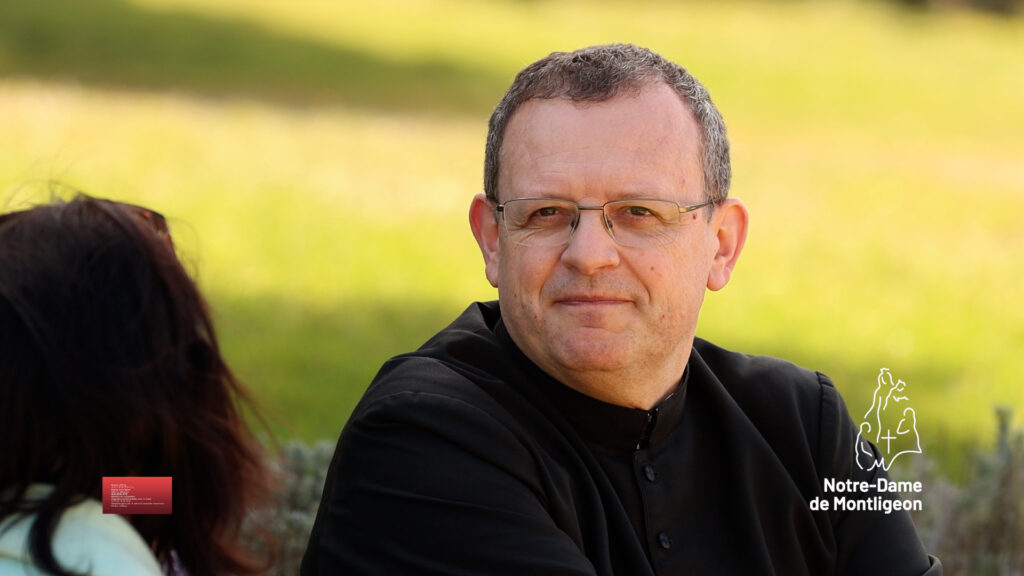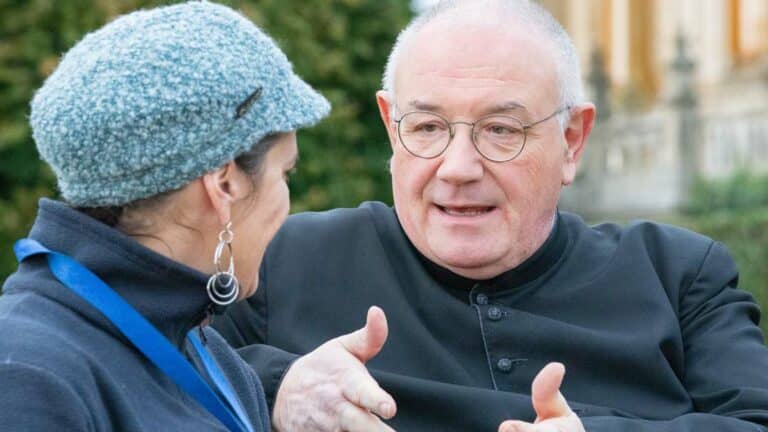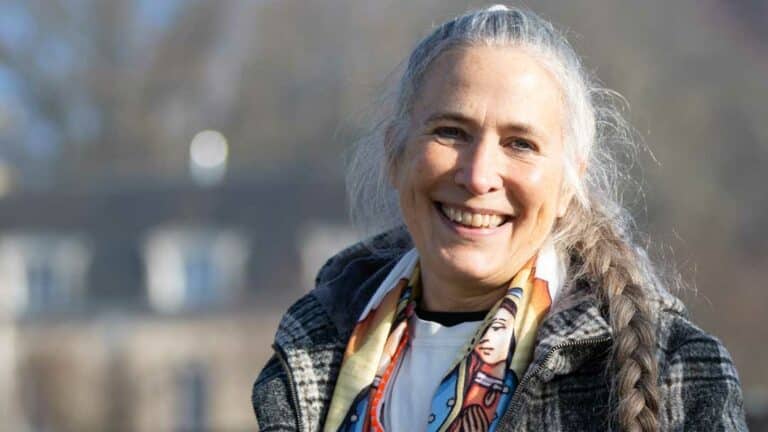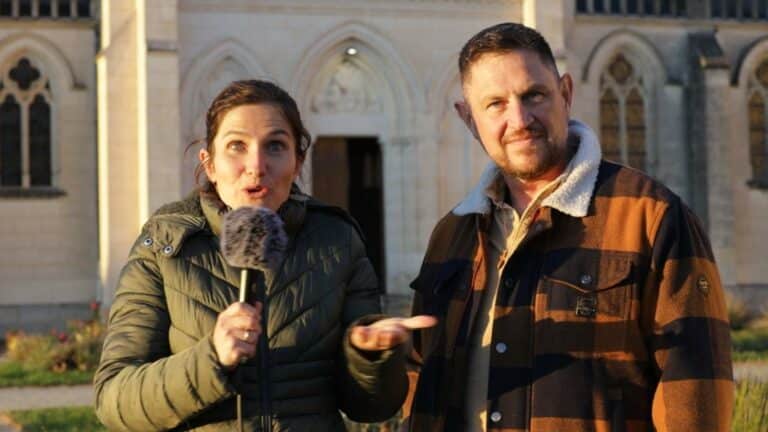Do we have a mutual connection in good as well as in evil? Do our actions influence only our own lives, or do they also affect the lives of others, including the dead? In our times where individualism is a strong dominant trait, the idea of a mutual connection is a real question. According to the teachings of the Catholic Church, there is a communion of saints, a kind of interrelatedness, mysterious yet real, that links all the believers together, whether dead of alive.
In the program Sanctuaire Normands on RCF, don Thomas Lapenne, chaplain at the Notre-Dame de Montligeon shrine, enlightens us on that question. He helps us understand how we are expected to do good together – although at the same time, alas, we can also be accomplices in evil.
Are we mutually connected and also individualist?
A society may feed on certain contradictions. On the one hand, it values personal development or growth, each person being regarded as a consumer who should get satisfied.
On the other hand, it longs for some unity between its members, where solutions to poverty and conflicts could be sought together. It tries to share a common experience, e.g. by forming associations, states or parishes. Therefore, we are navigating between two trends: one promoting the individual and the other calling to mutual support and solidarity, especially for the poorest.
Mutually connected for the common good
The common good transcends individual interests. It is not only the sum of each individual’s possessions, it is a good greater than us. For example, society is more than the addition of individuals, it is an organization, an order of relationships, including mutual assistance, support, fraternal correction – which benefits everyone.
Therefore, each one needs to partake to a good that is beyond them, i.e. the good of the Creation, by respecting nature entrusted by God, or a family. A couple is not only a man and a woman, it is also everything they have built together, their love, mutual listening and forgiveness… The common good is both greater than ourselves and accomplishing us.
Is good just as contagious as evil?
Good is more contagious than evil. Although we feel it is the opposite when we watch the news, we believe that good is stronger in its goodness than evil in its malice. Indeed, good performs in a more constructive way. The human heart is made for good. There’s an avalanche effect in both good and evil. An act of kindness arouses gratitude, which in turn leads to further good deeds. In the end, good always prevails.
Are we mutually connected to the deceased?
This connection is called the communion of saints. There is a link between the visible world – us here on earth – and the invisible world – the saints in heaven and the souls in purgatory on their way to God.
These souls, blessed and saved, await our prayers. Though bodiless, we remain linked to them on a deep, personal level. I can no longer give flowers to a deceased person or kiss them, but I can wish them well, pray for them, love them spiritually.
Indulgence and mutual connection
Indulgence enables us to continue to do good to our departed ones. The indulgence remits the consequences of sin, both in the persons themselves and in their relationships.
Indulgence soothes, heals and purifies. It is a gift from God, transmitted by the Church, particularly during the Holy Year. Through it, I can act spiritually on behalf of my deceased, even though I can no longer see them.
“Whatever you bind on earth will be bound in heaven”
Jesus said that to his apostles. There are not only negatives ties that lock us in. There are also good ties intended by God, such as those with our family, our friends or supporters. They do not disappear with death, except if we refuse them.
The sacraments – baptism, penance, the Eucharist, marriage – also create bonds with God and the Church. What has been lived out in charity on earth is preserved in heaven, transfigured.
Are we mutually connected in evil?
Alas yes. Although we are made for the good, we may desire a good the wrong way or want it in disorderedly fashion.
There are bad complicities, such as lying together or betraying together. This type of solidarity does not have the strength or the depth of good. Evil unites superficially, with no real truth. Whereas good unifies in truth.
How can we foster a righteous mutual connection?
We need to nurture true friendships, perform acts of kindness and encourage others to do good. Helping, setting a good example, praying for one another for example.
Fraternal correction also has a role to play. It’s about warning someone close to you that they’re going down the wrong path. Evil contaminates. Conversely, let’s do good together.
A society is only happy if everyone can play their part in the common good, and no one should be excluded or sidelined. The ultimate good is God. Happiness is the communion of saints under the Father’s gaze.
In fact, we never live as separate beings. Our choices affect others, in good and in evil. Solidarity in good is stronger, more fruitful and more unifying than complicity in evil.
The communion of saints invites us to love actively, even beyond death. Through prayer, the sacraments and indulgence, we can foster charity in our present and eternal relationships.
Interview by Amélie Le Bars
👉 Would you like to experiment this mutual spiritual connection in your life? Join a prayer group for the deceased like those offered in Montligeon, and, in prayer, bear all those who did the same thing before you.
Let’s chose to be mutually connected in goodness, no later than today.




